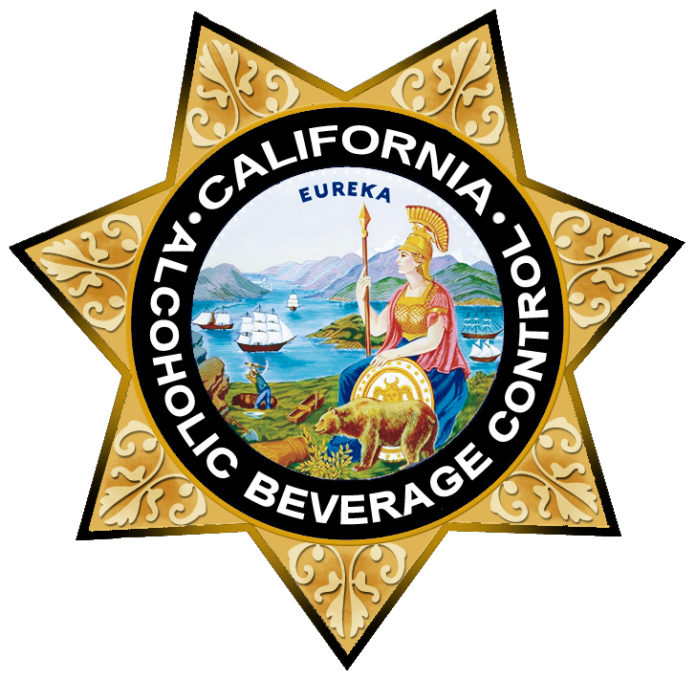The Department has received a number of inquiries concerning the interaction of California’s Marketplace Facilitator law and the prohibitions against non-licensees exercising license privileges, including financial control of the alcohol sales transaction.
In prior Industry Advisories, the Department has detailed its position that only licensees may sell alcoholic beverages and exercise license privileges. This includes controlling all aspects of the sales transaction, from ordering to the receipt of funds to delivery. With respect to the flow of funds, the Department has advised the industry that licensees must receive all funds from the sale of alcoholic beverages and control all aspects of the financial relationship between them and any third parties acting on their behalf, including third party ordering services.
Recently enacted Revenue and Taxation Code sections 6041, et seq., commonly known as the Marketplace Facilitator Act, requires specified third parties that operate online marketplace ordering platforms must remit sales tax to the California Department of Tax and Fee Administration (CDTFA) on sales facilitated through their services. For this purpose, the law defines the marketplace facilitator as the seller of record. On its face this appears to conflict with the Department’s position that only the licensee may be the “seller” of the alcoholic beverages. There is no exception in the Marketplace Facilitator Act for alcoholic beverages.
In considering this issue, the Department is taking the position that the collection and remittance of sales tax separate and independent from the underlying sale price of the alcoholic beverages does not constitute sharing in the profits or revenue from the sale of alcoholic beverages. Moreover, notwithstanding that marketplace facilitators are defined as sellers of record under the Marketplace Facilitator Act, this is for the purpose of the collection and remittance of the sales tax. The Department does not consider this status under the tax law to be in conflict with the requirement under the ABC Act that only licensees may be the seller of alcoholic beverages and to otherwise exercise license privileges.
Licensees that contract with marketplace facilitators to market and generate orders for the sale of alcoholic beverages must continue to do so in a manner that provides for the licensee’s control of revenue from such sales, but may allow for segregation of the sales tax component of the sales transaction and provide for those funds to go directly to the marketplace facilitator. This means that the actual sale revenue (less sales tax) must still be directed to a channel controlled fully by the licensee.
In reviewing this matter, the Department has also learned that many licensees use third party services that control, in whole or in part, various aspects of the transfer of revenue from the buyer to the licensee (other than being limited to the sales tax portion). This appears to be an evolution of the relationships between licensees and third party providers that has not previously been brought to the attention of, or reviewed by, the Department. As detailed in prior Industry Advisories, this control of revenue (in whole or in part) by non-licensees, and authorized by the licensee contracting with them, is problematic and may lead to unlawful exercising of license privileges by other than the licensee selling the alcoholic beverages. The Department intends to make further inquiries into such relationships and may issue additional guidance in the future. In the interim, however, licensees are cautioned that allowing non-licensees to exercise license privileges under the authority of their license is a violation of the ABC Act. This includes allowing non-licensees to share in the revenue from the sale of alcoholic beverages or to otherwise control or improperly influence the financial aspects of alcohol sales transactions. It is recommended that licensees familiarize themselves with the Department’s prior advice on this issue.
More information regarding the Marketplace Facilitator Act may be found on the CDTFA website.















